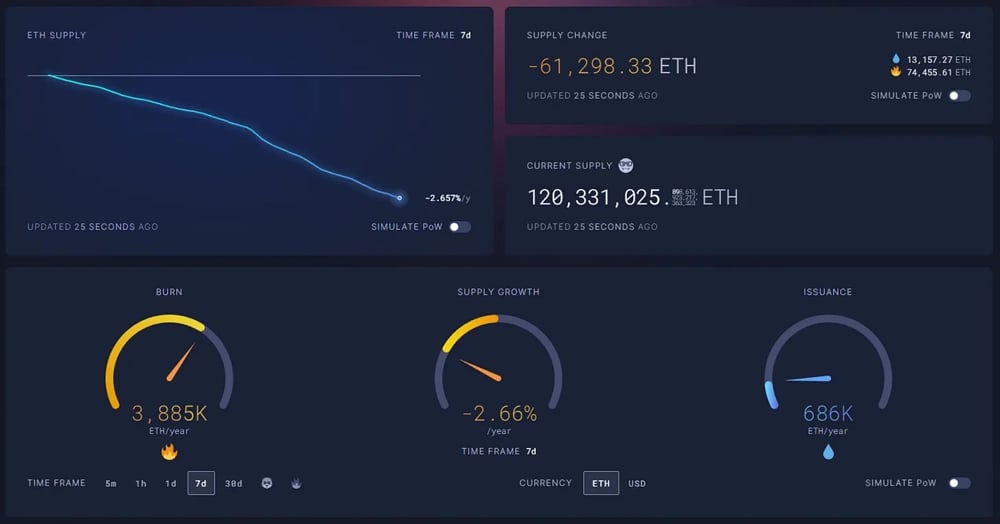Fannie Mae and Freddie Mac OTC Stocks Surge on Trump’s Remarks About Potential IPOs
Shares of Fannie Mae and Freddie Mac, two of the most prominent U.S. government-sponsored enterprises (GSEs), surged on Thursday to their highest levels since the 2008 financial crisis. The rally followed statements by former U.S. President Donald Trump, who suggested the potential relisting of these entities on major stock exchanges.
Currently traded over the counter (OTC), both entities remain under federal conservatorship since their bailout during the subprime mortgage collapse. The U.S. Treasury holds preferred equity stakes and warrants to acquire up to 80% of their common shares — an arrangement in place since their 2008 rescue.
The remarks rekindled investor hopes of privatization and restructured housing finance, reflecting long-standing conservative ambitions to reduce federal involvement in mortgage markets.
Market Analysis: Strategic Implications and Policy Shifts
The proposed move to take Fannie Mae and Freddie Mac public again represents a seismic shift in U.S. housing finance policy. Both institutions play a pivotal role in providing liquidity to the secondary mortgage market by purchasing home loans and packaging them into mortgage-backed securities (MBS).
Privatization would remove explicit government backing and could result in higher mortgage rates, as investors demand a risk premium in the absence of federal guarantees. On the other hand, a public offering could unlock substantial equity value and shift risk away from taxpayers.
The rally in Fannie Mae and Freddie Mac reflects investor anticipation of monetizing the Treasury's stake and optimism that a Republican-led administration might accelerate the end of conservatorship. However, relisting these stocks would require complex legislative and regulatory coordination, including potential amendments to the Housing and Economic Recovery Act (HERA) of 2008.

Quick Facts
Companies: Fannie Mae, Freddie Mac
Ownership: U.S. Treasury holds preferred shares and warrants for 80% of common equity
Market Movement: Fannie Mae and Freddie Mac rose to 16-year highs on OTC markets
Policy Context: Remarks came amid broader discussions of federal agency privatization
Sector Impact: Potential shift in U.S. housing finance model and mortgage pricing dynamics
Investor Sentiment and Institutional Outlook
Market observers note that while Trump's comments provide speculative fuel, actual execution of a GSE IPO would face significant policy hurdles. Analysts caution that such moves could tighten mortgage access and increase volatility in MBS markets.
Nonetheless, financial institutions with exposure to mortgage servicing rights and MBS trading — including major banks and REITs — are monitoring developments closely. Reprivatization could also attract new capital from hedge funds and private equity firms already holding legacy GSE shares.
Legal uncertainties surrounding shareholder lawsuits over Treasury's net worth sweep — which diverted profits away from common shareholders — remain an unresolved overhang.

Key Developments
FNMA and FMCC posted double-digit gains, closing at the highest level since 2008.
The U.S. Treasury retains 80% equity warrants, a legacy from the financial crisis bailout.
Trump hinted at relisting the GSEs, aligning with GOP-led privatization narratives.
Analysts warn of mortgage rate increases, should implicit government guarantees be removed.
Legal overhang and regulatory complexity continue to cloud long-term valuation outlook.
Restructuring of GSEs Could Redefine U.S. Mortgage Market
The resurgence of Fannie Mae and Freddie Mac’s OTC shares signals renewed investor interest in resolving one of the longest-running unresolved issues in post-crisis financial reform. While the prospect of relisting remains speculative, the mere possibility is enough to move markets given the entities' critical role in U.S. housing finance.
If implemented, such a structural shift would not only alter the pricing dynamics of mortgage-backed securities and home loans (denominated in USD), but also reshape public-private boundaries in credit provision — an issue with global implications for sovereign debt, risk modeling, and capital flows.















Comments